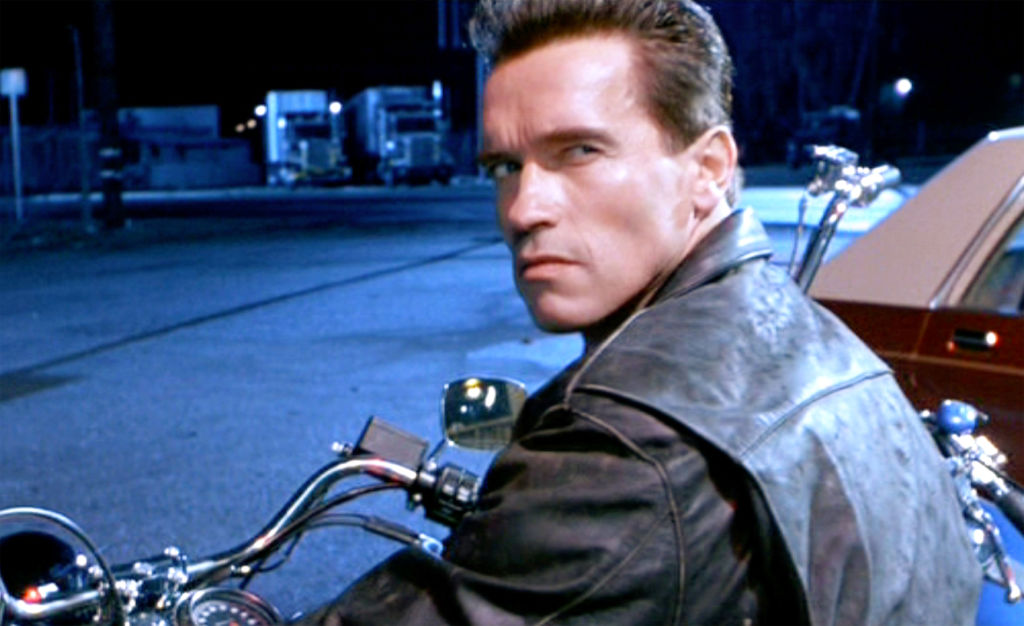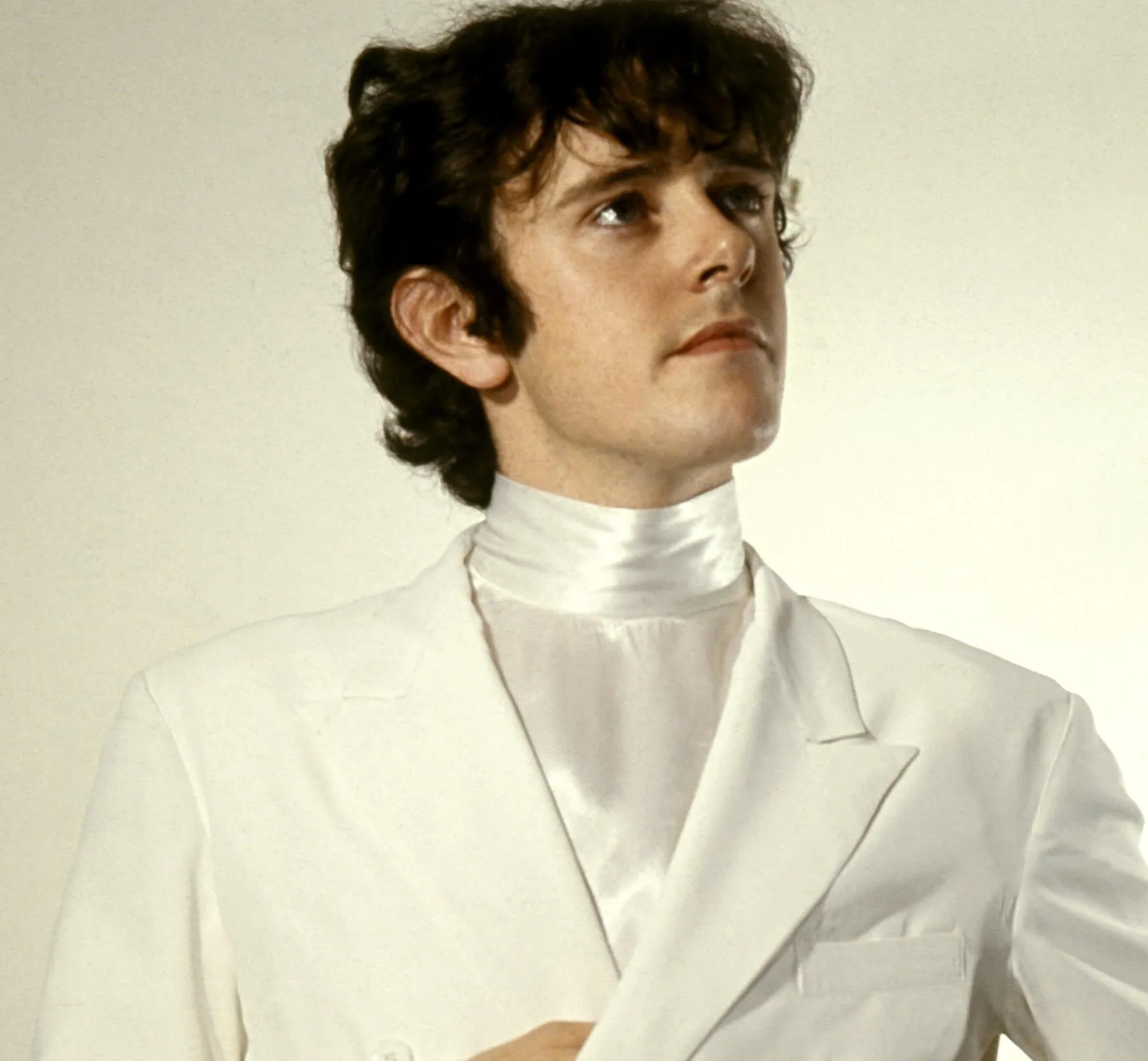Marvel’s First Time Travel Movie Was Inspired by ‘Terminator 2: Judgment Day’
The Marvel Cinematic Universe feels like a place where anything can happen. After all, this is a series headlined by an armor-suited billionaire, a century-old Super Soldier, and a literal god. Despite all that, Marvel fans were taken by surprise with Avengers: Endgame. Perhaps they should have expected time travel, since Marvel has tackled that concept before.

‘Avengers: Endgame’ wasn’t Marvel’s first time travel movie
The main plotline of Avengers: Endgame follows the titular heroes as they launch into a desperate, time-traveling quest to undo Thanos’ (Josh Brolin) fateful snap. And while the movie was the first in the MCU to introduce time travel, another Marvel movie got there several years earlier.
2014’s X-Men: Days of Future Past similarly sees a superhero team hatch a plan to meddle with time to prevent a horrific future in the year 2023. In that movie, Wolverine (Hugh Jackman) journeys to the 1970s to stop a chain of events leading to mutant-hunting robots known as Sentinels.
Screenwriter Simon Kinberg, of course, drew inspiration from the 1981 comic book storyline that gives the movies its name. But in his approach to time travel, Kinberg admitted he looked to James Cameron’s 1991 sci-fi thriller Terminator 2: Judgment Day. And it certainly shows in the final film.
James Cameron had some cheeky advice for the ‘X-Men’ screenwriter
Right from its war-torn future dominated by killer robots, X-Men: Days of Future Past feels very much like it aspires to Cameron’s vision. Ironically, the Terminator franchise itself has failed to top T2’s achievement. And it may very well be done for good after Terminator: Dark Fate.
But at least Marvel fans — and Kinberg himself — can thank Cameron for his influence on the X-Men movie. As Kinberg confessed to IGN, he even had a memorable encounter with Cameron at a panel, where he asked the Titanic director to sign a T2 handbook.
“I’m like, ‘I’m a huge fan of yours, and I’m doing this movie right now that’s a time travel movie – X-Men: Days of Future Past.’ And he’s like, ‘Oh yeah, I know that movie,'” Kinberg said. “There are actually some similarities, and if you do some deep diving into the Internet … Anyway, James Cameron writes in the book, ‘Dear Simon, Don’t f**k it up. Love, James.'”
Time travel is just the beginning of the sci-fi insanity ahead for the MCU
Throughout its six entries, the Terminator franchise remains pretty focused on the time travel conceit. Meanwhile, X-Men: Days of Future Past was the only entry in that series to involve time-hopping superheroes. Unlike both of them, Avengers: Endgame is only the first step in a much broader MCU.
In Phase 4, the MCU plans to introduce the multiverse and start toying with theoretical science much more than it ever has. In fact, Spider-Man: Far From Home might have planted the seeds for the MCU to become more expansive than ever.
Fans will have to wait and see if Cameron’s work has any influence going forward. But Tom Holland’s Peter Parker did name-check Cameron’s Aliens in Avengers: Infinity War. So anything is possible.


